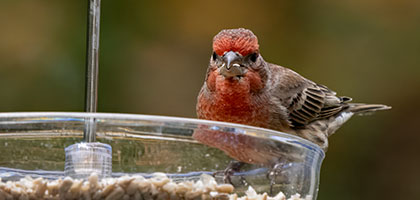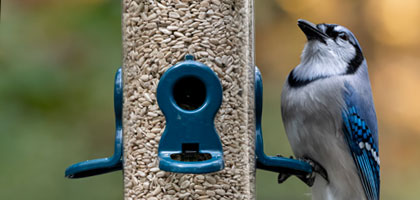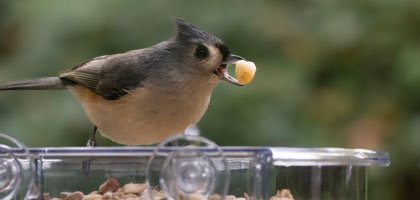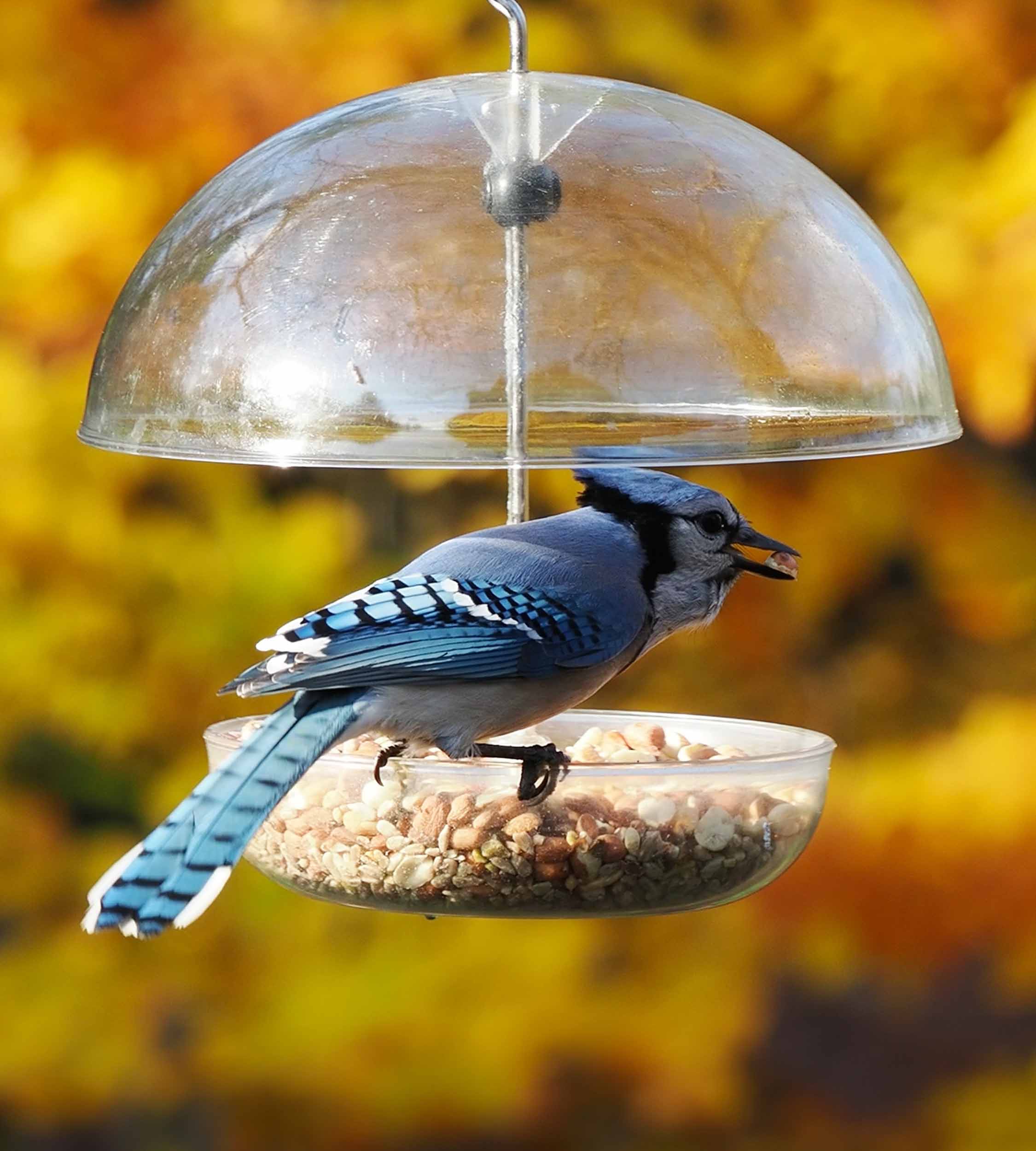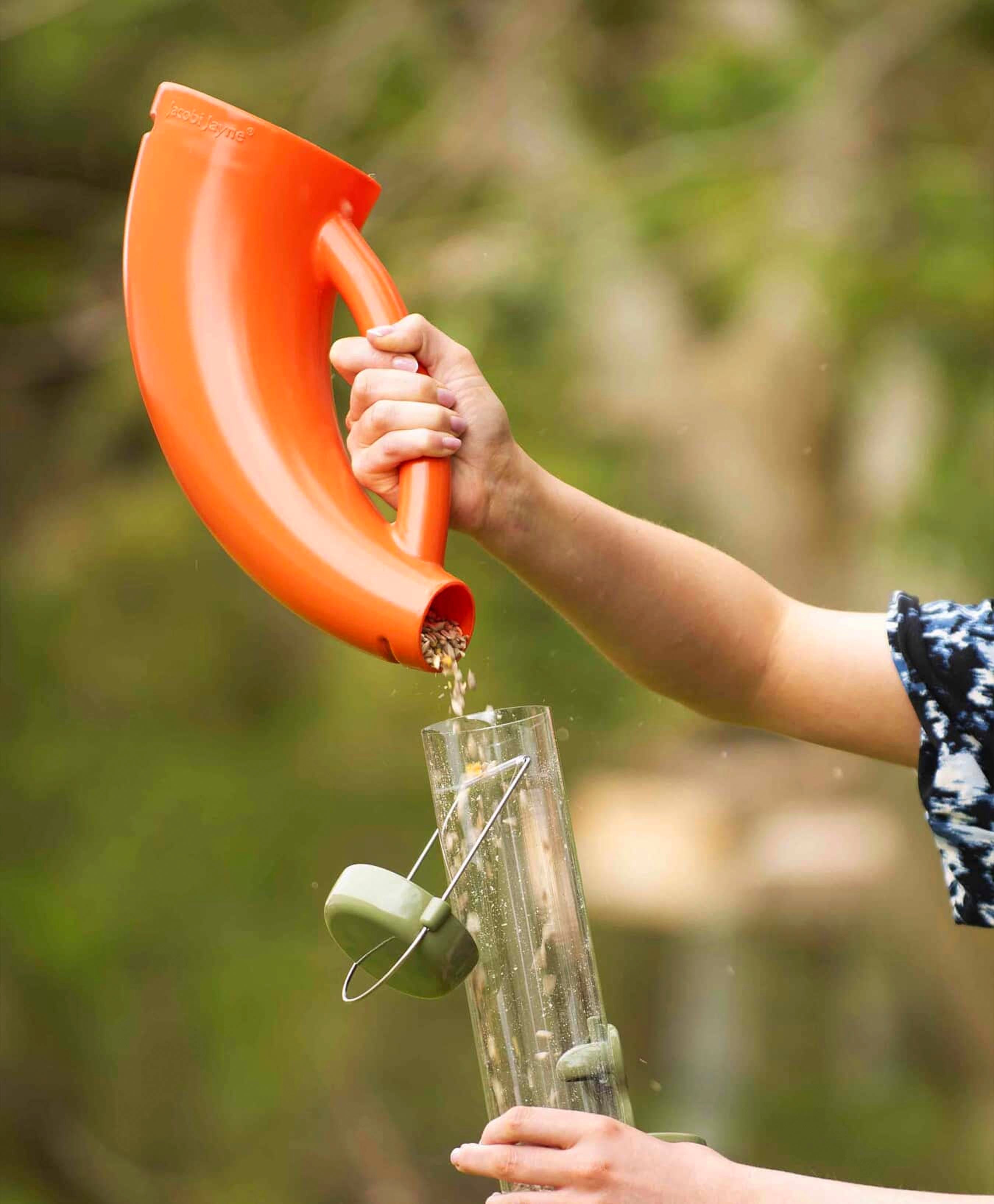Feeding wild birds can be a rewarding experience. It connects us with nature and provides a chance to observe bird behavior up close.
But what is the best kind of seed for wild birds?
The answer isn't straightforward. Different bird species have varying dietary needs and preferences. The right seed can attract a diverse range of birds to your garden.
This guide will delve into the world of bird seed varieties. We'll explore the best seeds for wild birds, from sunflower seeds to millet and beyond.
We'll also discuss how to select the right bird seed mix. Plus, we'll touch on the importance of seed freshness and storage.
Whether you're a seasoned bird watcher or a beginner, this guide will help you make informed decisions about feeding wild birds. Let's embark on this journey to better understand our feathered friends' dietary needs.
Understanding Wild Bird Dietary Needs
Wild birds have diverse dietary needs. Some birds prefer seeds, while others may favor insects or fruits. Recognizing these preferences helps in choosing the right seeds for your feeders.
Observing local bird species is key to understanding their diet. Small birds like finches may prefer tiny seeds, whereas larger birds could opt for bigger ones. By knowing what local birds like, you can attract a variety of species to your garden. Catering to their dietary requirements ensures they get the nutrition they need year-round.
Top Seed Choices for Wild Birds
Choosing the best seeds for wild birds can enhance your birdwatching experience. Knowing which seeds attract which birds is crucial. Different seeds have distinct nutritional benefits and appeal to specific species.
Here are some top choices for wild bird seeds:
-
Black Oil Sunflower Seeds: These are favorites among many bird enthusiasts. They offer high oil content and are easy to crack.
-
Sunflower Hearts and Chips: For a no-mess feeding option, these seeds leave no shells behind, making cleanup easy.
-
Nyjer (Thistle) Seeds: Ideal for attracting small birds like finches, these tiny seeds are packed with energy.
-
Safflower Seeds: Not only nutritious, but they are also known to deter squirrels. Birds like cardinals love them.
-
Peanuts: Either whole or shelled, peanuts are great for providing high-fat content, especially during colder months.
-
White Proso Millet: Ground-feeding birds, such as sparrows and doves, particularly enjoy these seeds.
-
Cracked Corn: This affordable option caters to a wide variety of birds and is perfect for those on a budget.
Selecting a mix of these seeds can create a vibrant feeding environment. They offer nutritional benefits that birds need. Ensuring fresh and healthy seeds will attract more feathered visitors to your backyard.
Specialty Seeds and Other Food Sources
Exploring specialty seeds can diversify your bird feeding setup. These seeds cater to specific preferences or nutritional needs. They can also attract unique bird species to your yard.
Consider these specialty food options:
-
Mealworms: Though not seeds, mealworms are protein-rich and perfect for insect-eating birds like robins and bluebirds.
-
Canola Seeds: These are often used as a cost-effective alternative to more expensive seed varieties. They provide essential nutrients birds need.
-
Striped Sunflower Seeds: While similar to black oil variants, they have thicker shells. They are favored by larger birds who enjoy cracking tougher seeds.
Including these food sources can enhance your bird feeding environment. It offers versatility and meets varied dietary requirements for your feathered visitors. Plus, it can make your feeding station more attractive and dynamic.
Avoiding Common Filler Seeds
When purchasing bird seed mixes, be vigilant about filler seeds. These seeds often end up as waste. Birds may avoid filler seeds, leaving them to clutter around feeders.
Common fillers include red millet and oats. Many bird species discard these, preferring more nutritious seeds. Choosing mixes with minimal fillers ensures you're offering quality nutrition. It also reduces cleanup efforts.
Opting for premium blends limits waste. It guarantees that most, if not all, seeds get consumed by your feathered friends.
Seasonal and Species-Specific Seed Selection
Birds' dietary needs often change with the seasons. Understanding these variations can help you attract specific birds throughout the year. During winter, high-fat seeds like sunflower and peanuts are essential for energy.
Birds also have specific seed preferences based on their species. This is crucial for attracting desired feathered visitors. Knowing what species are present in your area will guide your selections.
- Seasonal Variations: Switch seeds to adapt to seasonal needs.
- Targeting Specific Bird Species: Research local bird types to know their preferred seeds.
By catering to both seasonal and species-specific requirements, you enhance your bird feeding success. Your backyard can become a haven for diverse birdlife.
The Importance of Seed Freshness and Storage
Seed freshness is crucial for the health of wild birds. Stale or moldy seeds can harm their health. Always check seeds for freshness before placing them in feeders.
Proper storage helps maintain seed quality. Keep bird seeds in a cool, dry place to prolong their shelf life. Using airtight containers can also prevent moisture and pests. Ensuring seeds remain fresh supports the nutritional needs of birds.
Bird Seed Mixes vs. Single Seed Varieties
Choosing between bird seed mixes and single seed varieties can affect bird feeder visits. Bird seed mixes offer diversity in one package, catering to different bird preferences. This variety can attract a wider range of bird species to your garden.
On the other hand, single seed varieties allow you to target specific birds. For instance, offering only black oil sunflower seeds can entice finches and cardinals. Consider your goals and the species you wish to attract when making your selection.
Eco-Friendly and Ethical Bird Feeding Practices
Feeding wild birds should be done with care and consideration. Choose organic and non-GMO bird seeds to support sustainable farming. This choice helps reduce harmful chemicals in the environment and promotes bird health.
Practice ethical bird feeding by offering food in moderation. Ensure that natural foraging remains a bird's primary food source. This approach helps maintain birds' natural behaviors and overall ecosystem balance.
Enhancing Your Bird Feeding Experience
Creating a welcoming environment for wild birds goes beyond just offering seeds. Consider different feeder types and their placement. Choose feeders that match the bird species you wish to attract and position them at varied heights.
Incorporate water sources, such as birdbaths or fountains, to enhance your feeding station. Freshwater not only quenches birds' thirst but also encourages them to linger. Adding water features increases the diversity of birds visiting your garden.
Landscaping with native plants can complement your bird feeding setup. Native plants provide natural shelter, nesting spots, and additional food sources like berries and insects. This approach promotes a healthy and vibrant bird-friendly habitat.
Conclusion: Selecting the Best Seed for Your Feathered Friends
Choosing the right seed for wild birds involves understanding their dietary needs and preferences. By providing a diverse range of high-quality seeds, you can attract a variety of bird species to your garden. Remember, the quality, variety, and freshness of seeds are key to a successful bird feeding experience.
